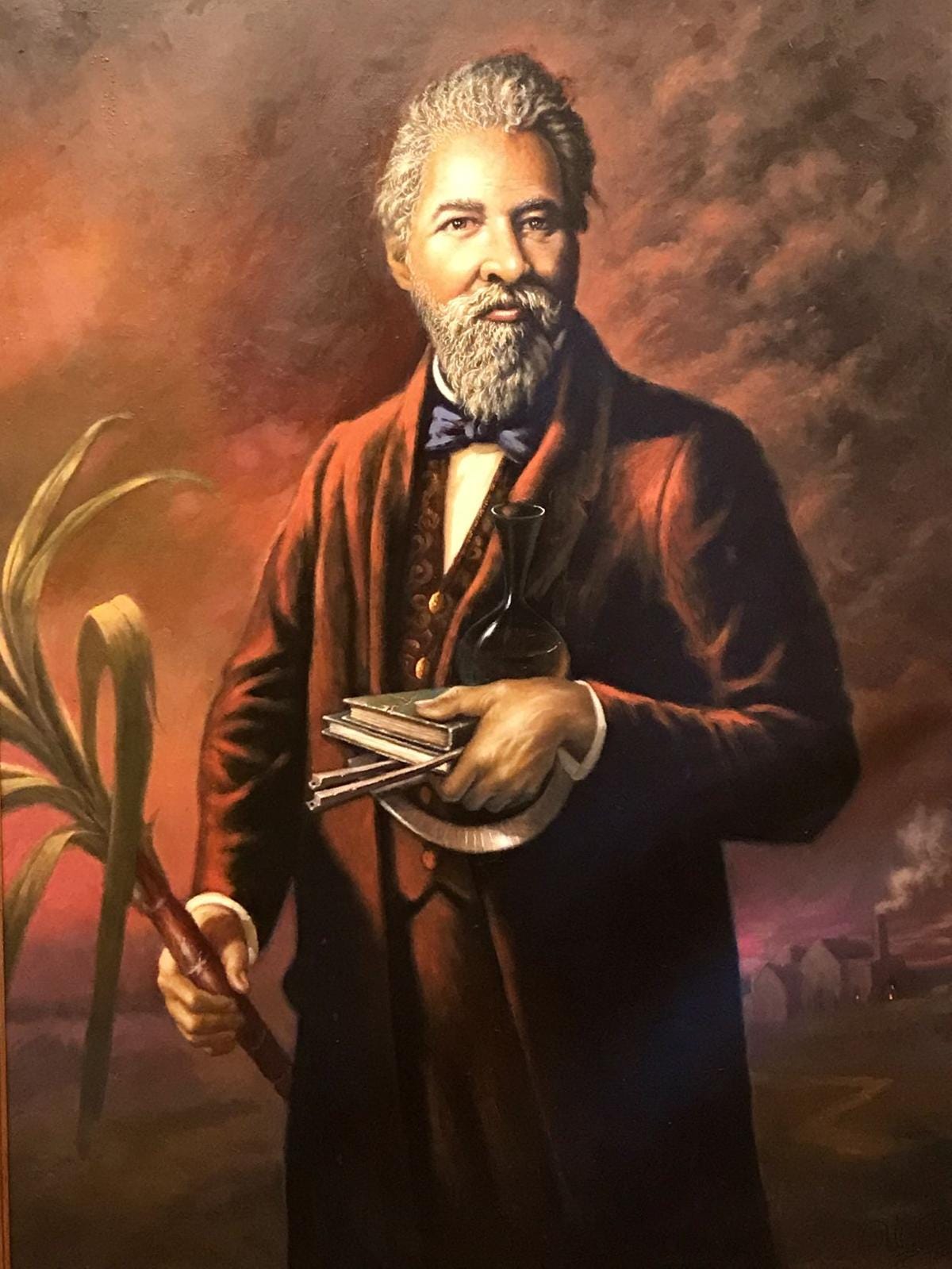Norbert Rillieux
Chemical Engineer
Norbert Rillieux (March 17, 1806 – October 8, 1894) was a pioneering African-American inventor and engineer whose contributions to the field of chemical engineering revolutionized the sugar refining industry. Born in New Orleans to a prominent Creole family of free people of color, Rillieux faced the challenges of racial inequality prevalent in 19th-century America.
Despite societal barriers, Rillieux pursued his education with determination. He attended Catholic schools in New Orleans and later studied at École Centrale in Paris, France, where he developed a profound interest in engineering and thermodynamics. His academic prowess and innovative thinking laid the foundation for a remarkable career.
Rillieux's most significant invention was the multiple-effect evaporator, a revolutionary device that drastically improved the efficiency and safety of sugar refining. Traditional sugar refining methods involved a single, large kettle, leading to inefficiencies, high energy consumption, and safety hazards. Rillieux's multiple-effect evaporator utilized a series of vacuum pans, each using steam from the previous pan to evaporate moisture from sugar cane juice. This ingenious design significantly reduced energy consumption and improved the overall refining process.
In 1846, Norbert Rillieux obtained a patent for his multiple-effect evaporator, marking a groundbreaking advancement in industrial processing. This innovation enhanced the economic viability of sugar production and found applications in various chemical and industrial processes beyond sugar refining.
Despite the success of his invention, Rillieux faced significant challenges due to racial prejudices in the United States. His accomplishments were often overlooked, but he persisted in implementing his technology within the sugar industry. However, his invention gained recognition and adoption in Europe, where it contributed to advancements in industrial processes.
Later in his career, Rillieux continued to explore innovations, focusing on steam engine design and inventing an apparatus for clarifying sugarcane juice. His legacy extends beyond his patents, as he played a crucial role in establishing chemical engineering principles.
Norbert Rillieux's pioneering contributions to chemical engineering and industrial processes have left an indelible mark on the history of technology. His inventive spirit and resilience in the face of adversity serve as an inspiration, highlighting the importance of diverse voices and perspectives in shaping the course of scientific and technological progress.


